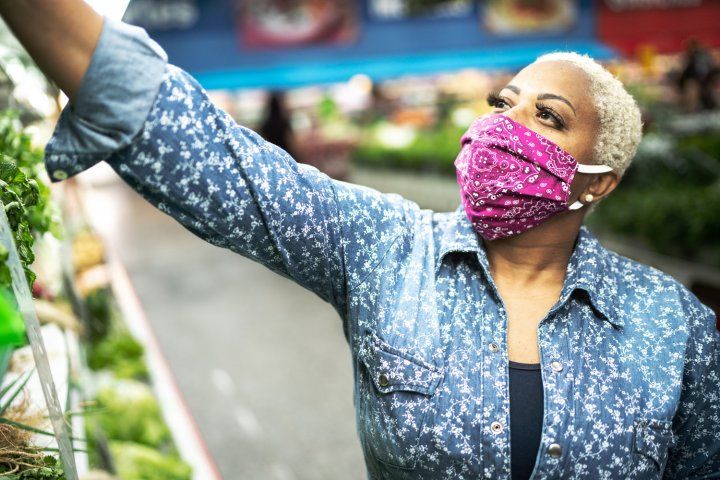
https://www.ucsf.edu/news/2020
It's still a very controversial subject which I tried to investigate.
Countries worldwide are opening their economies after some hard lockdown measures. More and more countries are now requiring their citizens to wear face masks in public spaces to reduce the spread of Covid-19.
Earlier during the pandemic the World Health Organization and The Center for Disease Control and Prevention said it was not necessary for healthy people to wear masks. Both these organizations now recommend the opposite. This has lead to a lot of confusion among the public about mask wearing.
More and more health experts now say there are clear evidence that masks can help to prevent the spread of covid-19.
We talked to UC San Francisco epidemiologist George Rutherford, MD, and infectious disease specialist Peter Chin-Hong, MD, about the CDC’s reversal on mask-wearing, the current science on how masks work, and what to consider when choosing a mask.
In the beginning of the pandemic it was not clear yet, how this virus would spread all over the world in the rapid way it did, threatening lives of millions of people worldwide.
Rutherford said there was a legitimate concern about the limited supply of Surgical and N95 masks but that it was a mistake not to recommend the wearing of masks.
“We should have told people to wear cloth masks right off the bat,” he said.
Chin Hong also stated
Another factor “is that culturally, the U.S. wasn’t really prepared to wear masks,” unlike some countries in Asia where the practice is more common, said Chin-Hong. Even now, some Americans are choosing to ignore CDC guidance and local mandates on masks, a hesitation that Chin-Hong says is “foolhardy.”
The CDC change their guidance in favour of the wearing of masks after it was clear there was no stopping the disease and the figures of new infections and deaths were rising rapidly all over the world. It also became clear that transmission is possible or even common in pre-symptomatic and asymptomatic patients.
Studies have found that viral load peaks in the days before symptoms begin and that speaking is enough to expel virus-carrying droplets.
Chin-Hong says now, you cannot tell which person is infected, because there is a lot of asymptomatic infection, so everybody have to wear a mask.
What evidence is there that wearing a mask is effective in preventing covid-19.
There are several sources of evidence that supports the effectiveness of masks.
One category of evidence comes from laboratory studies of respiratory droplets and the ability of various masks to block them. An experiment using high-speed video found that hundreds of droplets ranging from 20 to 500 micrometers were generated when saying a simple phrase, but that nearly all these droplets were blocked when the mouth was covered by a damp washcloth. Another study of people who had influenza or the common cold found that wearing a surgical mask significantly reduced the amount of these respiratory viruses emitted in droplets and aerosols.
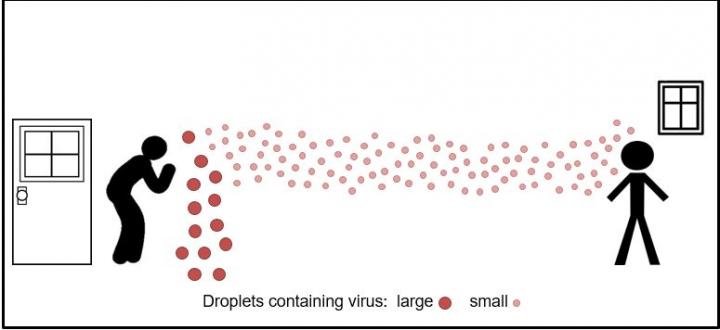

But the strongest evidence in favor of masks come from studies of real-world scenarios. “The most important thing are the epidemiologic data,” said Rutherford. Because it would be unethical to assign people to not wear a mask during a pandemic, the epidemiological evidence has come from so-called “experiments of nature.”
Recently a study published in Health Affairs, compared the growth rate of COVID-19 before and after mask mandates in 15 states and the District of Columbia.
The study found that mask mandates led to a slowdown in daily COVID-19 growth rate, which became more apparent over time.
Another study looked at coronavirus deaths across 198 countries and found that those with cultural norms or government policies favoring mask-wearing had lower death rates.
Then there are two compelling case reports that suggest that masks can prevent transmission in high-risk areas.
- In the first case there was a man that flew from China to Toronto that was positive for covid-19. He wore his mask on the flight and 25 people closest to him on the flight all tested negative for covid-19.
- In the second case, in May two hair stylists in Missouri which were sick with Covid 19 had close contact with 140 clients. All the clients wore masks and none of them tested positive.
It's a case of we protect each other‼️
People with covid-19 should wear a mask to protect them from giving the disease to other people and healthy people should wear the mask to prevent them from getting the disease.
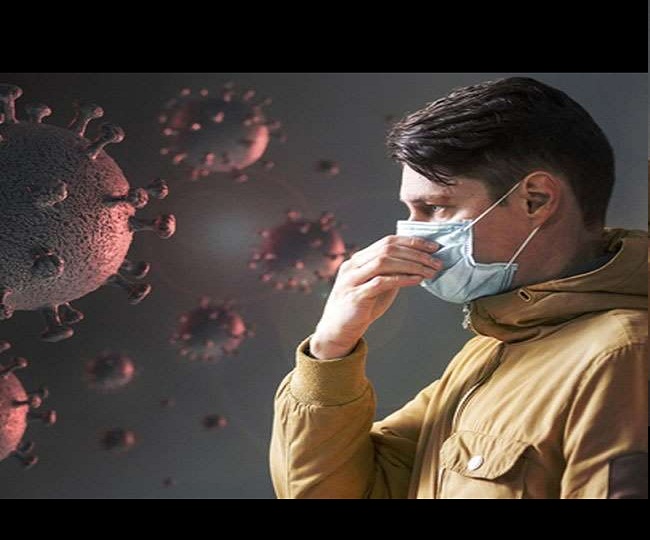

Masks may be more effective as a “source control” because they can prevent larger expelled droplets from evaporating into smaller droplets that can travel farther.
Rutherford, said to remember that you still can catch the virus through the membranes in your eyes. That risk is not eliminated by wearing a mask.
My note if you can get it also through the membranes in your eyes why don't they also make the wearing of safety goggles or a protective shield mandatory❓❓
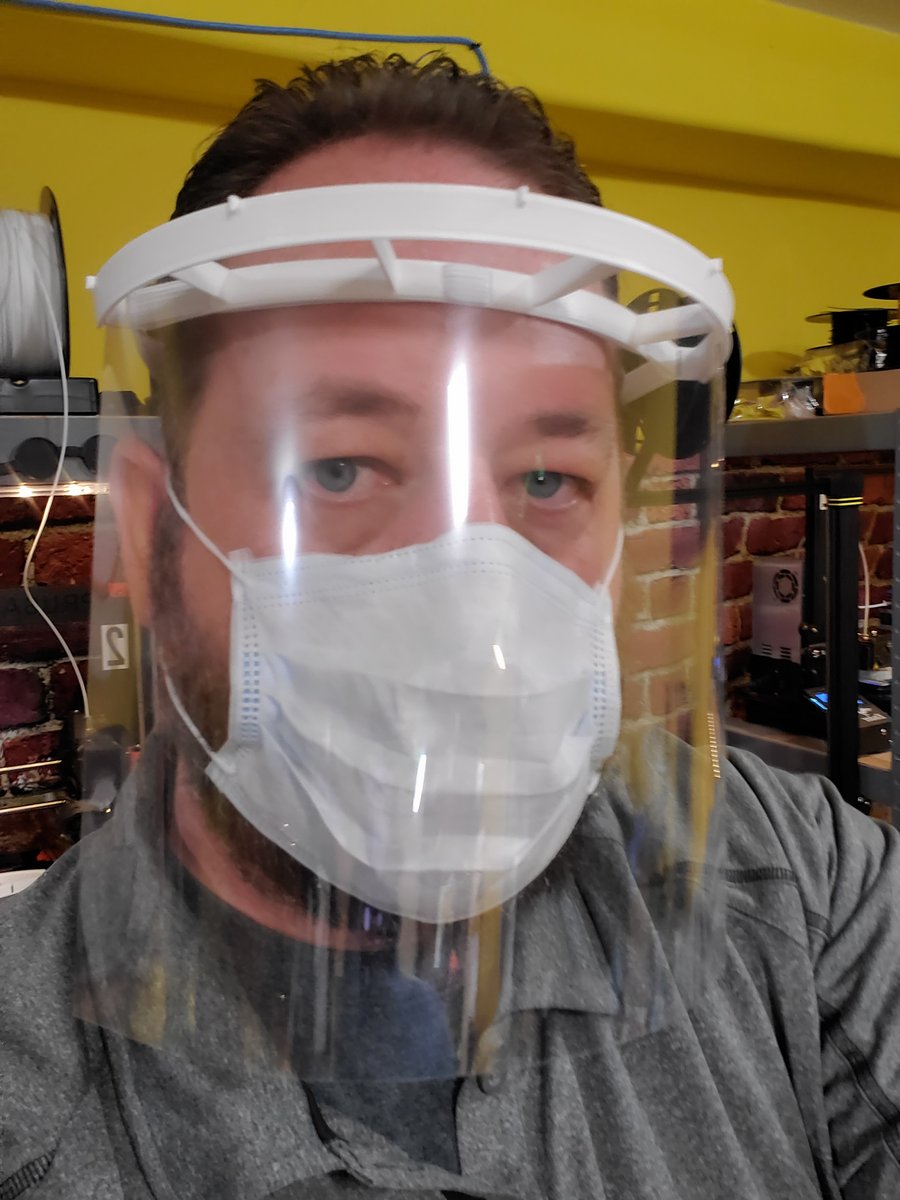
https://the3dforge.com/collections/face-sheilds
What percentage of compliance is needed to reduce community transmission?
You would want a 100% compliance but 80% will also help to prevent the spread of the virus.
In one simulation, researchers predicted that 80 percent of the population wearing masks would do more to reduce COVID-19 spread than a strict lockdown.
The Institute of Health Metrics and Evaluation suggests that 33,000 deaths could be avoided by October 1 if 95 percent of people wore masks in public.
Chin-Hong and Rutherford said that even if few people in your community wear masks you can still reduce your own risk of getting the virus by wearing a mask.
The question if we keep our social distance is it still necessary to wear a mask❓
You should always wear masks and socially distance,” said Rutherford. “I would be hesitant to try to parse it apart. But, yes, I think mask wearing is more important.”
All the above information comes from one source. In the next post, I will look if the type of mask make a difference. I was reading a lot of other sources and most of them say that to wear a mask can protect you from getting Covid-19.
I will also really try to see if there're other sources that contradict the above findings.
South Africa is now experiencing a steep increase in the number of infections and in the number of deaths. Our President tonight addressed the nation and also said the preventive measure of mask wearing will be more strictly enforced.
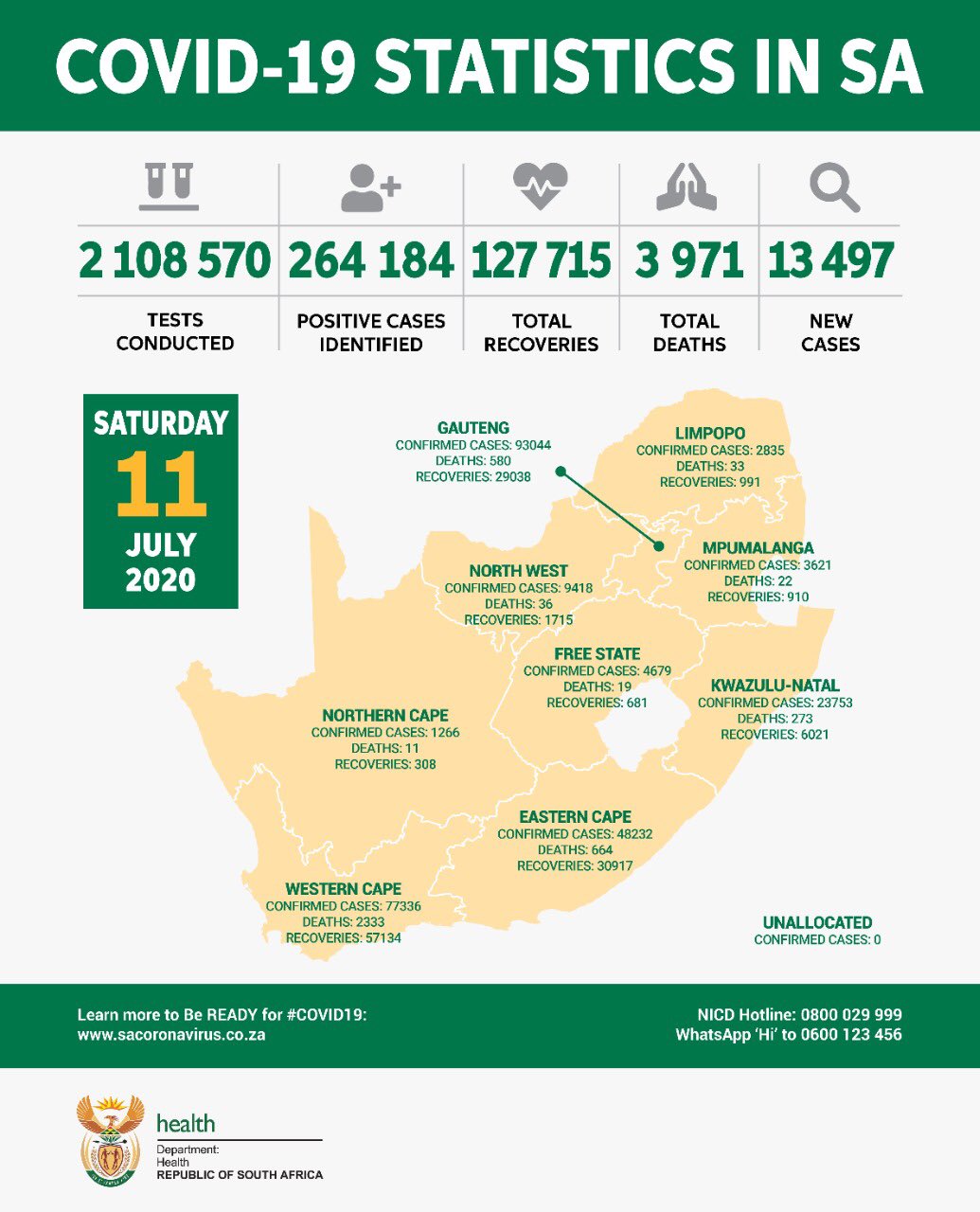
Thank you for reading.

hope777
One of the things I like to bring up — particularly when people who don't want to wear masks start building their argument about limiting oxygen intake and becoming hypoxic when you wear a mask — is simply to ask the question of WHY surgeons wear masks for sometimes 8-10 hours straight in the operating room when (for example) doing neurosurgery or something similar.
To me, wearing masks is a courtesy and safety for other people not about protecting me. Here in the US (at least) people who protest masks are often too self-involved to consider that it's not just about them.
Thank you for taking the time to comment, I really appreciate. In my next blog I will talk about that kind of objections and also the types of masks and their effectiveness.
You are very unselfish. I am very much concerned for my family and myself. (diabetic) My parents that live with us 80 and 79.
Take care!
...and if it is a total psi-op - from beginning to end - to be used for other nefarious agenda's entirely?
I believe the virus is real, but it's definitely used by governments to manipulate and control people.
Thank you for replying.
There was recently a study published in the New England Journal of Medicine that concluded that wearing masks in your day to day activities was pretty useless. Where masks might statistically help is during prolonged interactions within 6 feet of someone. For example having a conversation of more than a few minutes with someone you are closer than 6 feet away from. So wearing a mask while shopping in a grocery store, not particularly useful. Wearing a mask while sitting in a bar or restaurant while in close proximity to others not in your household, possibly useful but also impractical.
Then there's the question of why wearing a mask for this is any more important than for the flu. Some statistics that are somewhat illuminating... The average age of death and the average age of death due to covid-19 are nearly identical. In addition, the number of overall deaths has actually been a little below average recently. So how dangerous is COVID-19 really?
Thank you for reading and commenting.
Almost all sources now recommend the wearing of masks.
It's very clear now that it is much more deadly than the flu.
USA - Flu related deaths as below 34 200 death in comparison with Covid19 deaths
139 108. Almost 4 times more than the flu and it is far from over.
https://www.worldometers.info/coronavirus/
Older people are more at risk but people from almost every age group have died.
https://ourworldindata.org/mortality-risk-covid#case-fatality-rate-of-covid-19-by-age